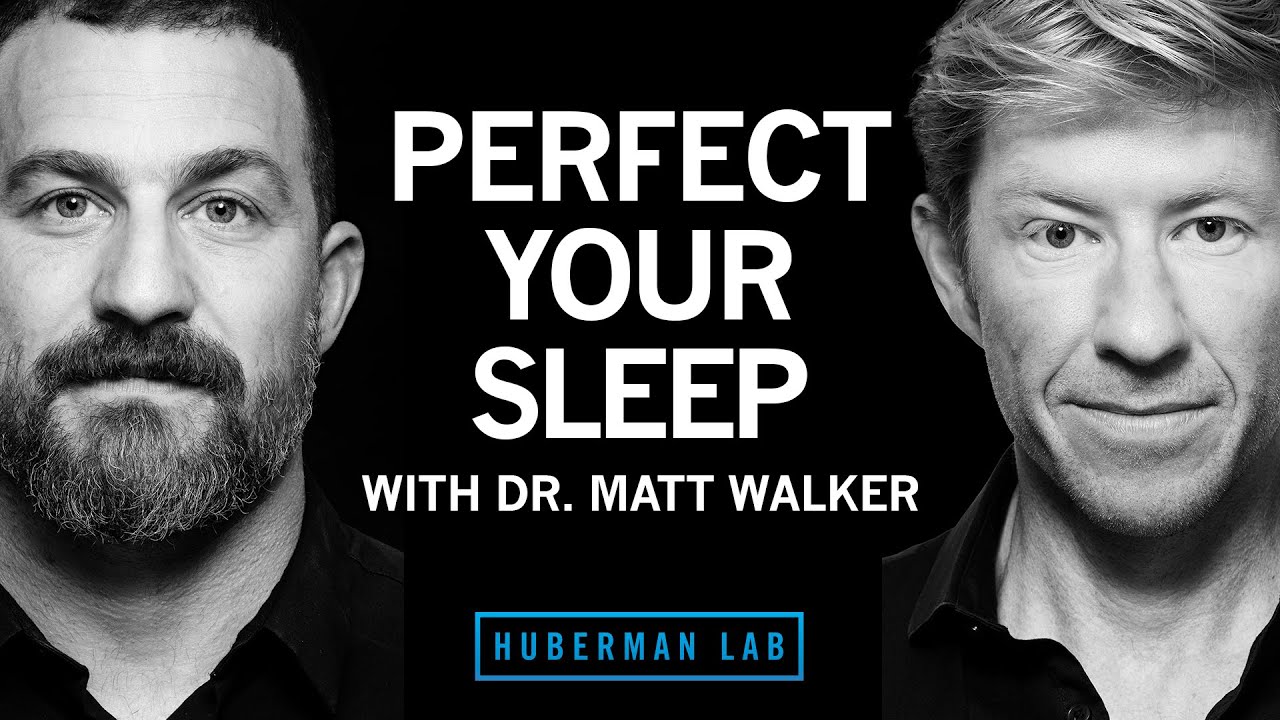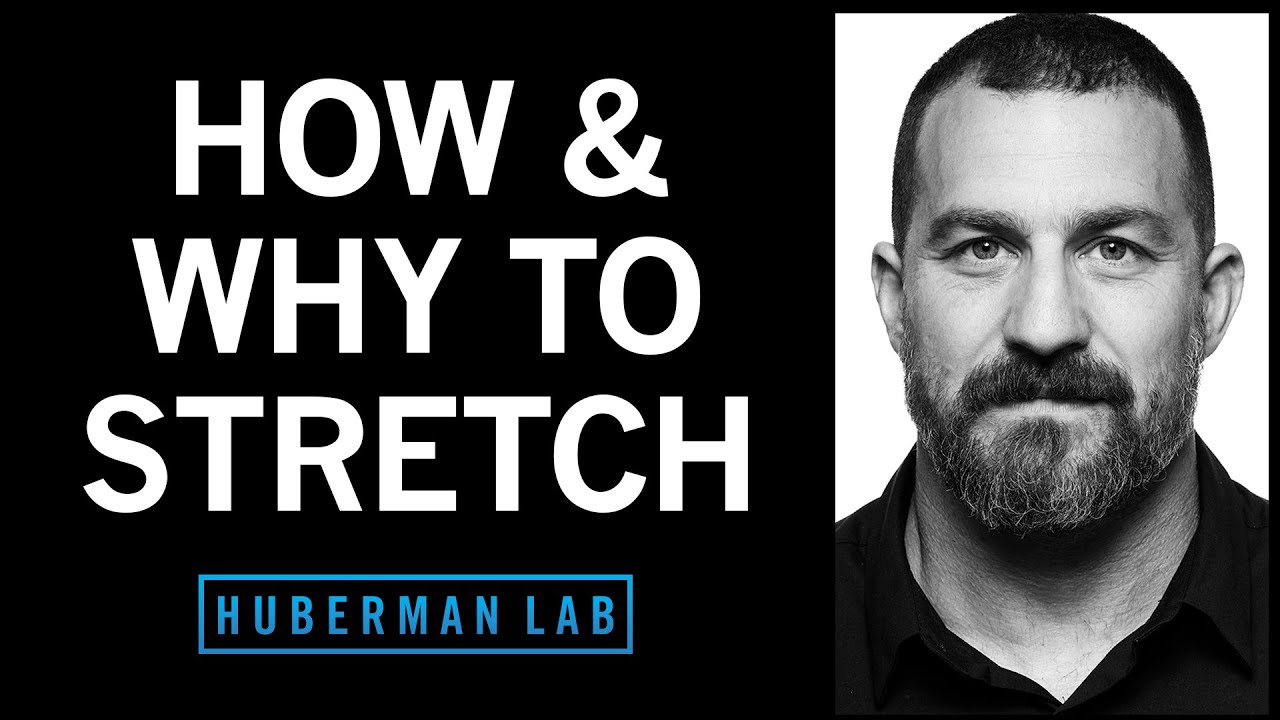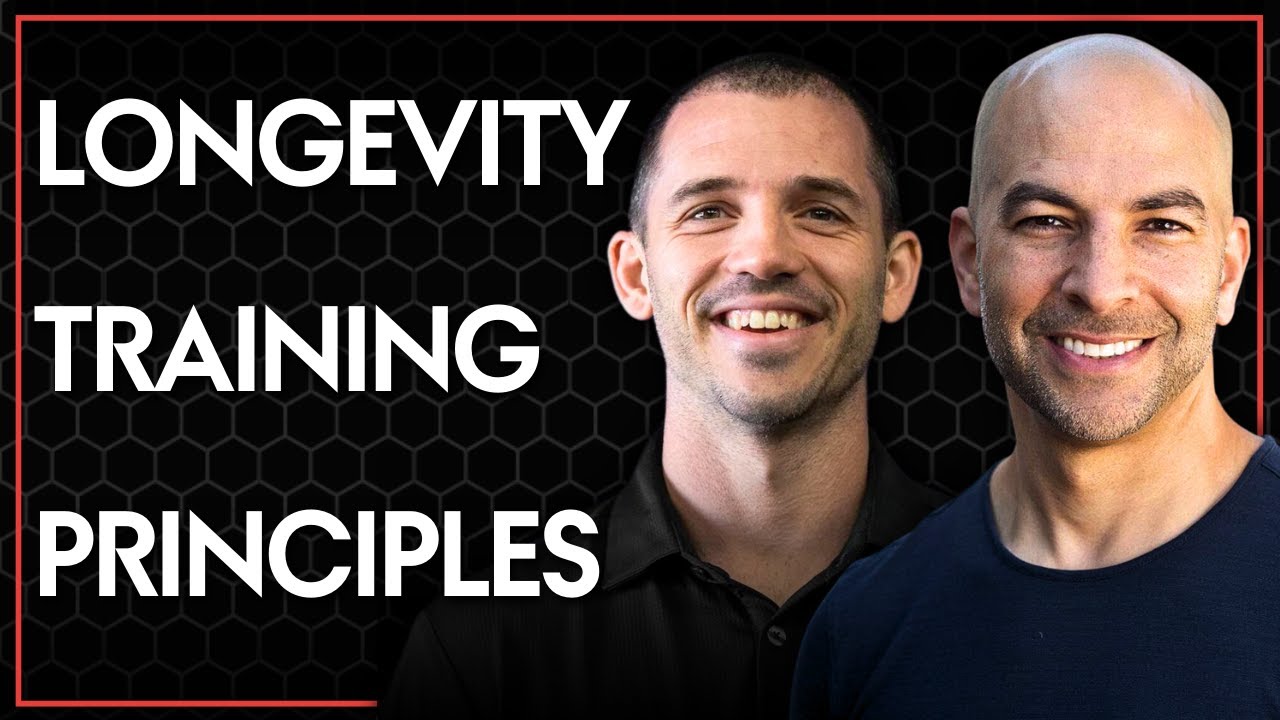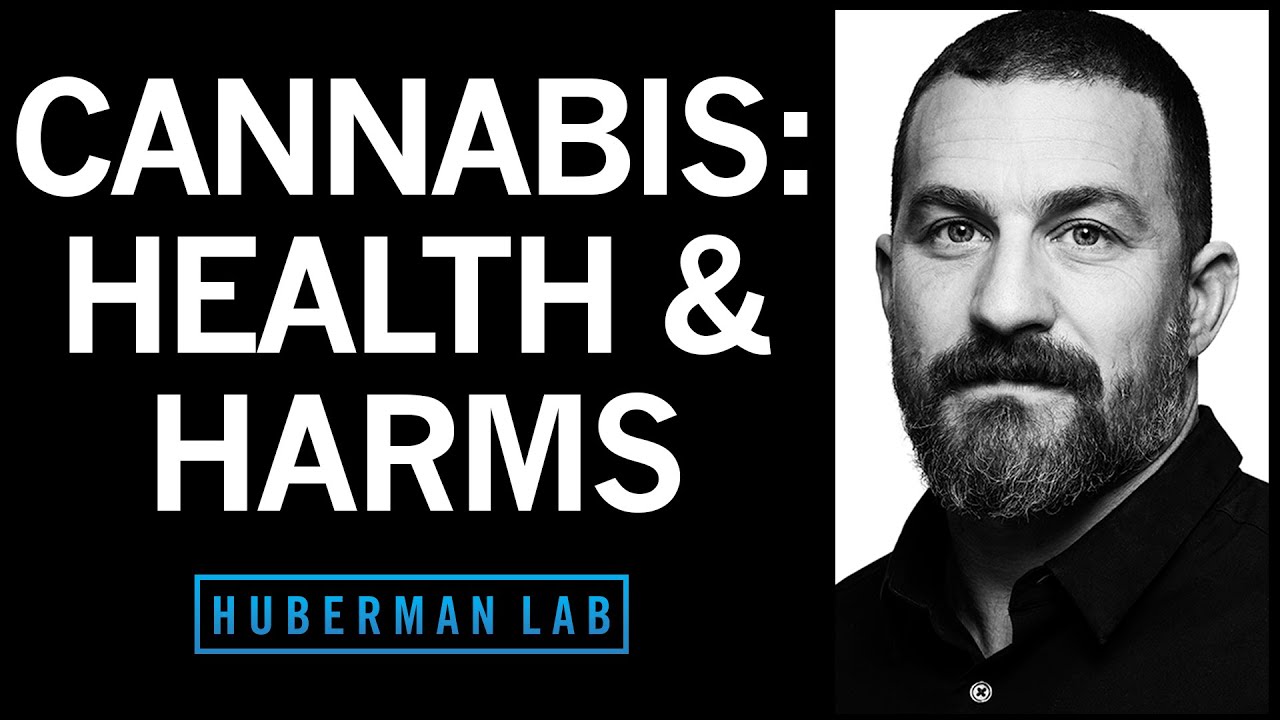- Understand the different sleep cycles and how they can affect hormonal production.
- Know which supplements might help improve sleep and which ones are not effective.
- Learn valuable tips that can help improve your sleep.
- Determine if naps can provide sleep benefits or if they are not recommended.
- Learn how caffeine can affect your sleep and how to prevent it from happening.
The Science & Practice of Perfecting Your Sleep
The Science & Practice of Perfecting Your Sleep

- If you had a bad night of sleep, do nothing about it. Don’t wake up later, don’t nap during the day, don’t consume extra caffeine, and don’t go to bed earlier. Keep your regular schedule to prevent it from affecting your sleep.
- Have a wind-down routine. Sleep doesn’t happen right away. It takes time to gradually enter it. Include ways to wind down, such as reading, meditating, or taking a warm shower. Ensure you avoid anything else requiring a screen (phone or television).
- Don’t count sheep. It makes it harder to fall asleep. Instead, take yourself on a mental walk in nature or the beach.
- Have a brain dump journal or a worry journal. Write down all your concerns one or two hours before bedtime. This allows you to unload all your thoughts and feelings and promote a good night’s sleep.
- Remove all clocks from your bedroom. It only makes matters worse than better.
- Try to get 30 to 40 minutes of exposure to natural daylight daily. This can help reset your circadian rhythm. It can be taking a walk outside or working by a window.
- Avoid caffeine at least 8-10 hours before going to bed. Even if you can fall asleep after drinking coffee, caffeine can reduce deep sleep by as much as 30%.
- Avoid alcohol before bedtime. While it might make you sleepy, it can fragment sleep, affecting overall sleep quality.
What Is Sleep?
Sleep is the most effective process to help reset the mind and body. And, while it might seem like a simple process, in reality, It is a very complex physiological process.
There are two phases of sleep: Non-Rapid Eye Movement (non-REM) and Rapid Eye Movement (REM).
Keep in mind that the duration of each sleep stage depends on each person’s chronobiology. For most adults, the cycle usually lasts 90 minutes. However, the ratio of REM to non-REM varies by each person.
Source: https://www.simplypsychology.org/sleep-stages.html
Non-REM Sleep
Non-REM is divided into four stages. As the stages progress (one to four), so does the depth of sleep.
This means that during the first hours of sleep, you enter stages one and two of the non-REM cycle (light sleep). Here the brain’s wavelengths start to slow down, as well as the heart rate.
As the hours pass, you descend into stages three and four of the non-REM cycle (deep sleep). Here, the heart rate drops even more, and the cells in the brain’s cortex all light up at once and drop simultaneously.
REM Sleep
REM sleep is called rapid eye movement due to the eye’s activity during this stage. It is called “paradoxical sleep” because the brain is highly active during this stage.
Before entering REM sleep, the brain stem sends a signal to paralyze the body. This happens so the mind can dream safety without the body acting. However, the body doesn’t paralyze essential muscle contractions like the heart and respiratory muscles.
During REM sleep, norepinephrine and serotonin levels tend to shut off. But the opposite happens with acetylcholine; they tend to increase. In addition, it also seems that growth hormone and testosterone are tied to REM sleep.
Sleep Disturbances
As mentioned, sleep happens through cycles. After roughly 3-4 hours into sleep, from deep sleep into REM sleep.
The first part of sleep (non-REM) is restorative to muscles, improves motor learning, and dream content tends to be less emotional dreaming. However, the second part of sleep (REM) tends to be more emotional dreaming.
So, if you lack the first part of sleep (non-REM), your body has a bigger physical impact (feeling more tired). But if you are lacking the second part (REM), it makes you feel more emotional during the day.
Waking In The Middle Of The Night
It is normal to wake up in the middle of the night as we grow older. However, we should make sure to strive for at least 85% of sleep efficiency. That is why we don’t need to worry about a bathroom break as long as we are able to go back to sleep immediately. The problem arises when we are unable to go back to sleep.
Ultimately, quantity is important as quality.
Uberman Sleep Schedule
Uberman sleep schedule is when someone sleeps for 90-minute bouts throughout the day to get more productivity and decrease the amount of sleep.
However, a review found that these are not helpful and they can be detrimental to health. People didn’t have quality or quantity of sleep.
Emotions, Mental Health And Longevity
There is an association between sleep and mental health. Research shows that most people that have mental problems also have sleep problems.
Sleep also seems to have an effect on longevity. Research shows that REM sleep is the biggest predictor of longevity. The less sleep people get, the higher the mortality rate.
Sleeping Supplements And Aids
Marijuana And CBD
There are two components in marijuana: THC and CBD. CBD is the less psychotic part of marijuana, while THC is the psychoactive compound. THC seems to speed up the time you fall asleep, but the problem with THC is that it seems to block REM sleep.
While there is not a lot of research regarding the effect of CBD and sleep, it does not seem to be detrimental to health. According to evidence, low doses of CBD (5-10 mg) seem to promote wakefulness. But, higher doses seem to help increase sleepiness. It can also act as a thermoregulator and reduce anxiety, promoting better sleep.
Melatonin
Sleep patterns are regulated by the release of melatonin. At dusk, melatonin levels start increasing. It is the body’s signal that it is time to prepare for sleep. While many people supplement with melatonin, research shows that in healthy adults, it does not promote sleep. In fact, it only seems to improve sleep by 2%.
However, it does seem to have a positive effect on older adults (+65).
Magnesium
There are different forms of magnesium. However, the ones that might have the most benefits on sleep are magnesium bisglycinate and magnesium threonate. But the most effective results are seen in people that are low in magnesium. So, supplementation might only work if your bloodwork shows you are low in magnesium.
Valerian Root
Research regarding Valerian root is still mixed. Most studies don’t seem to support the fact that it can help promote sleep. Some people might get positive benefits from Valerian root due to the placebo effect.
Tart Cherry Juice
Tart cherry juice seem to reduce the amount of time you spend awake at night. While the studies are still mixed, it does seem to increase sleep by 30-80 minutes.
Apigenin
Apigenin is a derivative of chamomile. Some people seem to have better quality sleep when taking apigenin. However, right now, most of the data is subjective (based on what people report).
Kiwi Fruit
Kiwi fruit seems to reduce the time it takes you to fall asleep. Keep in mind that several of the components that aid in sleep are found in the skin. However, there are not too many studies and the mechanisms are not clear.
Tryptophan and Serotonin
One of the potential dangers is that it can change the absorption rate of serotonin and tryptophan. While some people seem to fall asleep faster when taking tryptophan, it can produce more vivid dreams and possible insomnia.
Naps And Non-Sleep-Deep-Rest (NSDR)
Naps can have positive benefits, such as cardiovascular health, decreased cortisol levels, improved cognitive function, and emotional regulation. However, naps can be a double edge sword. When we sleep, the body has a chance to reduce adenosine levels (this increases sleepiness). Thus, for some people, napping during the day can create sleep irregularities. To prevent naps from affecting your night’s sleep, try to have one more than 8 hours before going to bed. And try to limit it to 20 to 25 minutes.



